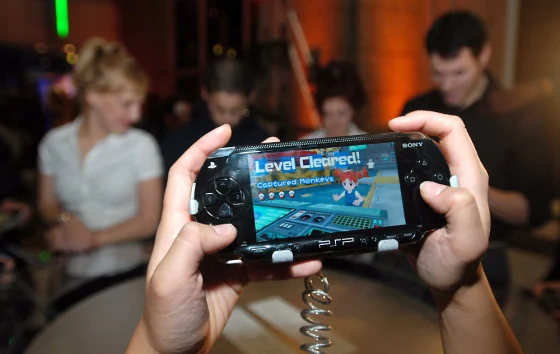The Game We Keep Playing: Entertainment, Law, and Cultural Memory

In every society, people have gathered to play. In ancient China, keno slips were used to fund great projects. In Europe, lottery tickets filled royal treasuries. In the Philippines, bingo became a fixture of fiestas and community nights. Across centuries and continents, games have been more than distractions—they have been tools of culture, expressions of chance, and sometimes subjects of law.
Today, the story continues in a surprising setting: the digital world.
Online Entertainment Trends: From Local Halls to Global Screens
A few decades ago, bingo meant folding chairs, paper cards, and beans used as markers. The excitement wasn’t just about winning—it was about being together. Today, technology allows the same thrill to spread across continents.
Platforms such as BingoPlus turn local traditions into global entertainment. A player in Quezon City can share the suspense of a draw with someone in London. What once required a community hall now thrives through smartphones, livestreams, and chatrooms. Entertainment has not lost its community spirit—it has expanded it.
Gambling and the Law: The Push and Pull
Every time games of chance spread, law follows. Ancient Rome restricted dice in public spaces, though soldiers played in camps. Medieval rulers banned gambling at times of social unrest but reintroduced it when they saw its potential for tax revenue.
The Philippines has its own version of this story. With PAGCOR regulating gambling, play is given structure and accountability. When online bingo was officially licensed in 2022, it marked not only a legal change but also a cultural acknowledgment that digital play had become part of everyday life. Law, once again, adapted to how people chose to play.
The Science of Suspense: Why We Keep Coming Back
Why does bingo remain compelling even in the age of video games and streaming? Neuroscience has an answer: unpredictability. Our brains thrive on uncertainty, releasing dopamine when outcomes are unknown. Each new number drawn or card revealed isn’t just entertainment—it’s a neurological spark that keeps us engaged.
Psychologists also highlight the social benefits of play. Games create shared rituals. They foster connection, laughter, and anticipation. Even online, where players are separated by screens, these emotions remain real. The chat window buzzing during a bingo session is a digital version of the communal applause in a neighborhood hall.
Beyond the Jackpot: Rewards That Matter
Traditional games valued participation as much as victory. Players often left feeling included, even if they didn’t win the top prize.
Modern platforms continue this practice with systems like BingoPlus Rewards. These reward players not only for jackpots but also for loyalty and engagement. The message is clear: being part of the game is valuable in itself.
Games as Cultural Anchors
When archaeologists discover dice or carved boards, they are not just unearthing playthings. They are uncovering pieces of culture. Games show us how societies understood chance, fortune, and social bonds.
In the Philippines, bingo became more than entertainment—it became part of cultural memory. Families still recall evenings filled with laughter, suspense, and celebration. Bringing the game online doesn’t erase this history; it ensures its survival for new generations.
Looking Ahead: A Future Rooted in the Past
The next era of games will likely bring new technologies—virtual reality bingo halls, AI-powered personalization, global tournaments. Yet history suggests that while the format evolves, the essence does not. Games will always be about suspense, community, and recognition.
From bone dice in ancient marketplaces to digital bingo apps today, the story of play is unbroken. It reveals who we are: social beings driven by curiosity, drawn to chance, and united by the joy of play.
For more perspectives on the evolving relationship between entertainment, law, and culture, Click here to explore.